The sea was clear and glassy on the western side of Réunion Island when a two-metre bull shark set upon surfer Rodolphe Arriéguy.
His friend, Erwann Lagabrielle, was nearby with two other surfers when he saw a commotion unfold.
The attack happened at Saint-Leu, one of the island's best surfing spots, at 2pm on July 22, 2015.
READ MORE: Shark attack capital of world trials new eco-friendly shield to halt deaths
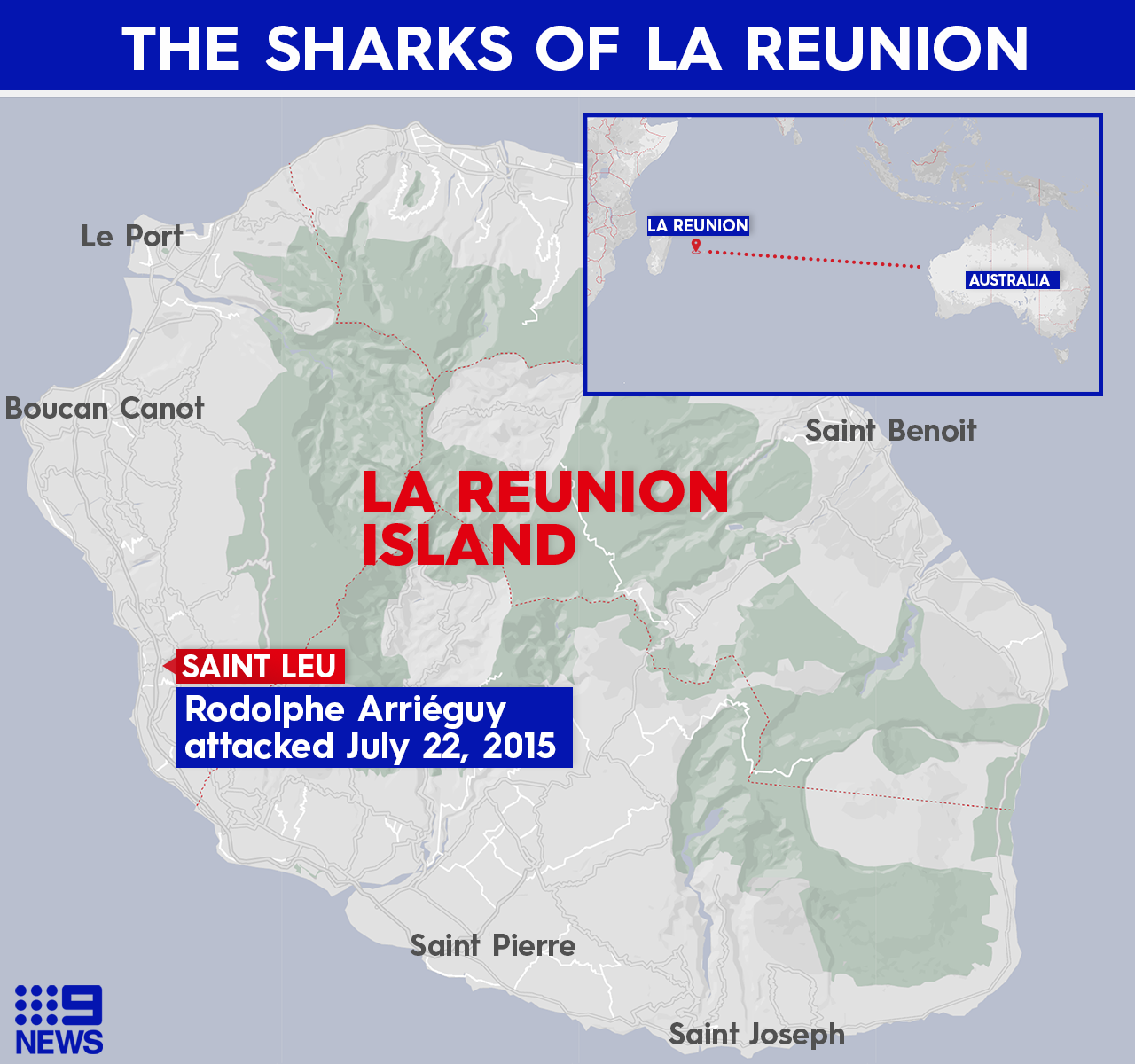
"(Rodolphe) was attacked by a shark 20 metres in front of me" Dr Lagabrielle told 9news.com.au
"It was like a horror movie."
Fighting against every instinct, Dr Lagabrielle, a senior lecturer in geography at the University of La Réunion, swam towards his friend not knowing what he would find.
READ MORE: Hordes of sharks found living in active volcano
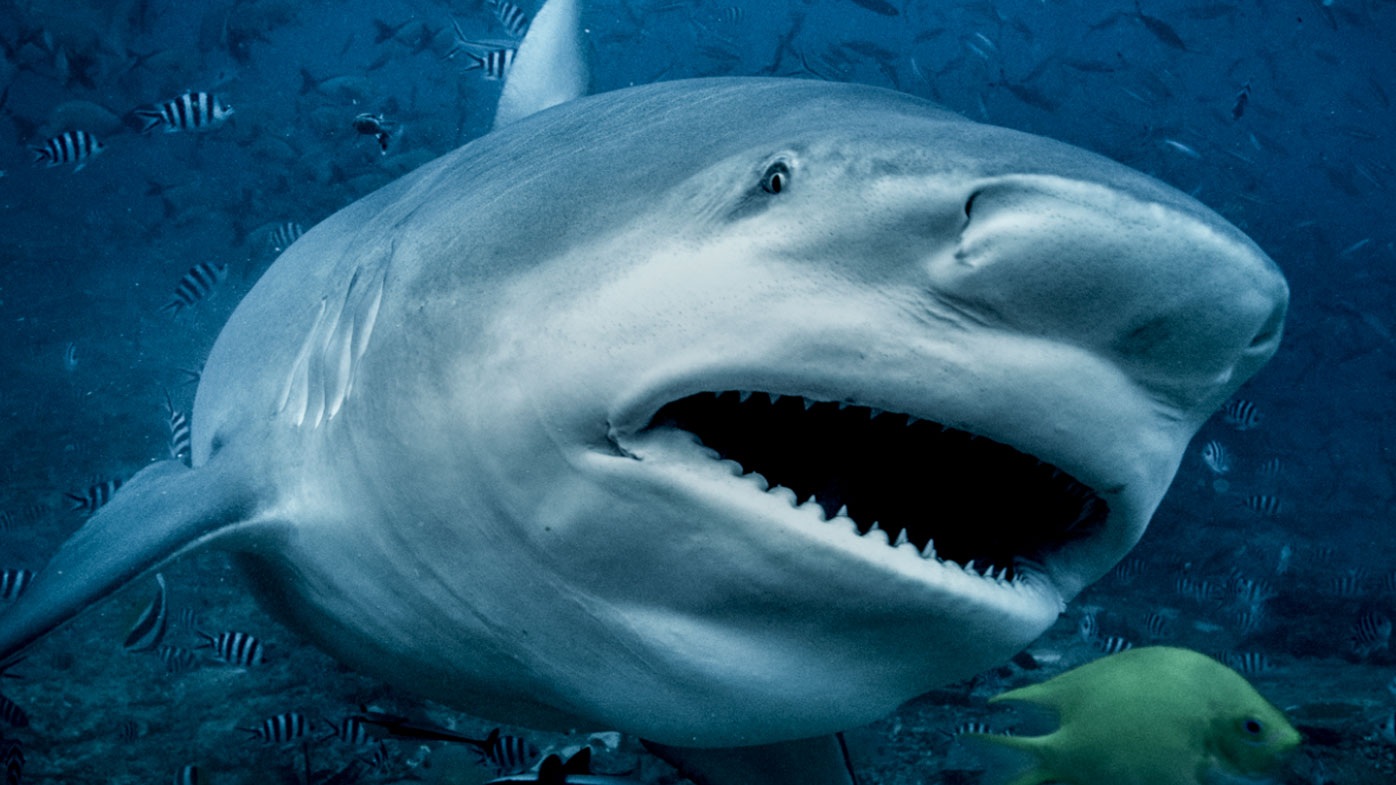
"The water was white foam and then the white turned to pink and the pink turned to red," he said.
"I swam to my friend and that was the most frighting thing — I was swimming against my own instinct."
READ MORE: Sharks 'functionally extinct' from one in five coral reefs
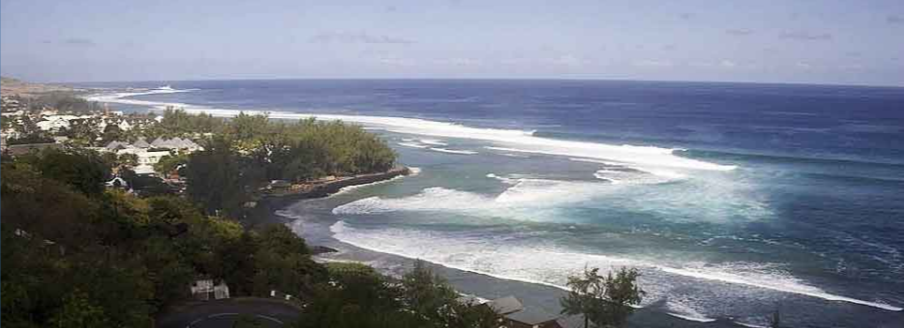
Mr Arriéguy had severe lacerations to his arm, so Dr Lagabrielle fashioned a tourniquet from his surfboard leash to stem the bleeding.
"The shark swam away and I knew in most cases there was no re-attack," Dr Lagabrielle said.
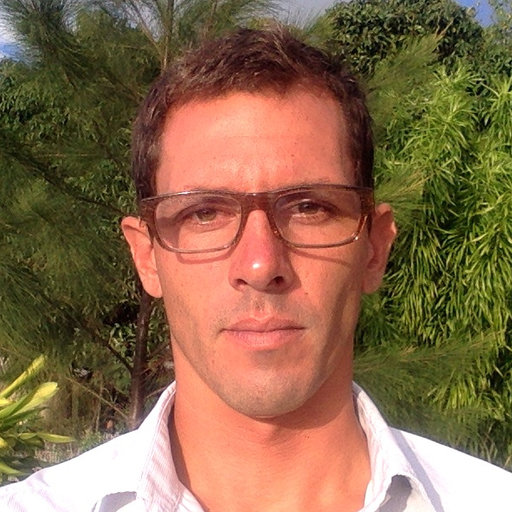
"So, once the bleeding stopped I knew he was going to survive."
Once the pair completed the long swim back to shore Mr Arriéguy was rushed to hospital.
The 45-year-old lost his arm, but he kept his life.
The attack is one of dozens to have occurred on the Indian Ocean Island over the decades.
Dangerous waters; Réunion's long history of attacks
Réunion Island has become so notorious for shark attacks, swimming and surfing is banned outside the coral lagoon.
READ MORE: Surfer killed by shark off Reunion Island
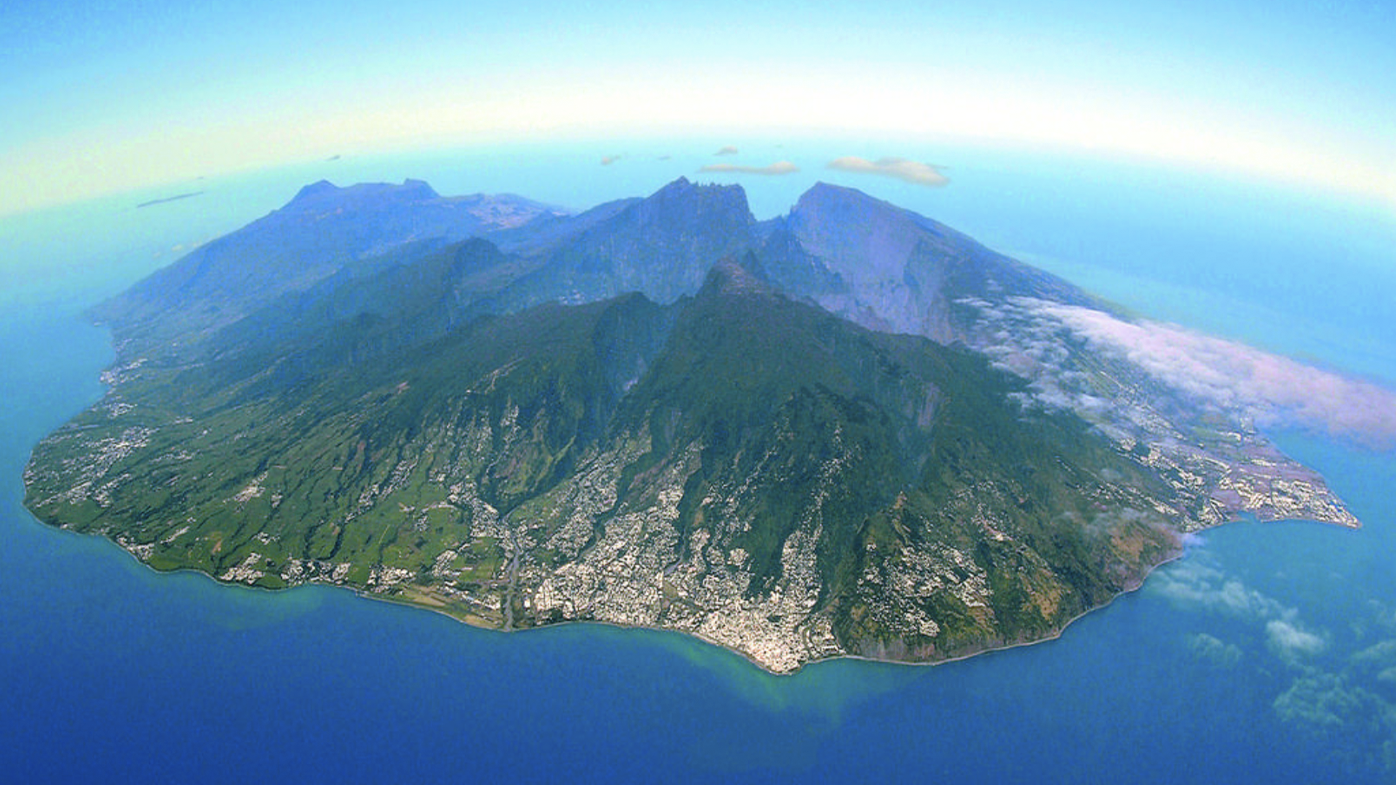
Eleven people have died in attacks since 2011. There have been more than 50 attacks recorded between 1988 to 2016.
Dr Lagabrielle has made it his mission to explain why the waters surrounding the island are so dangerous.
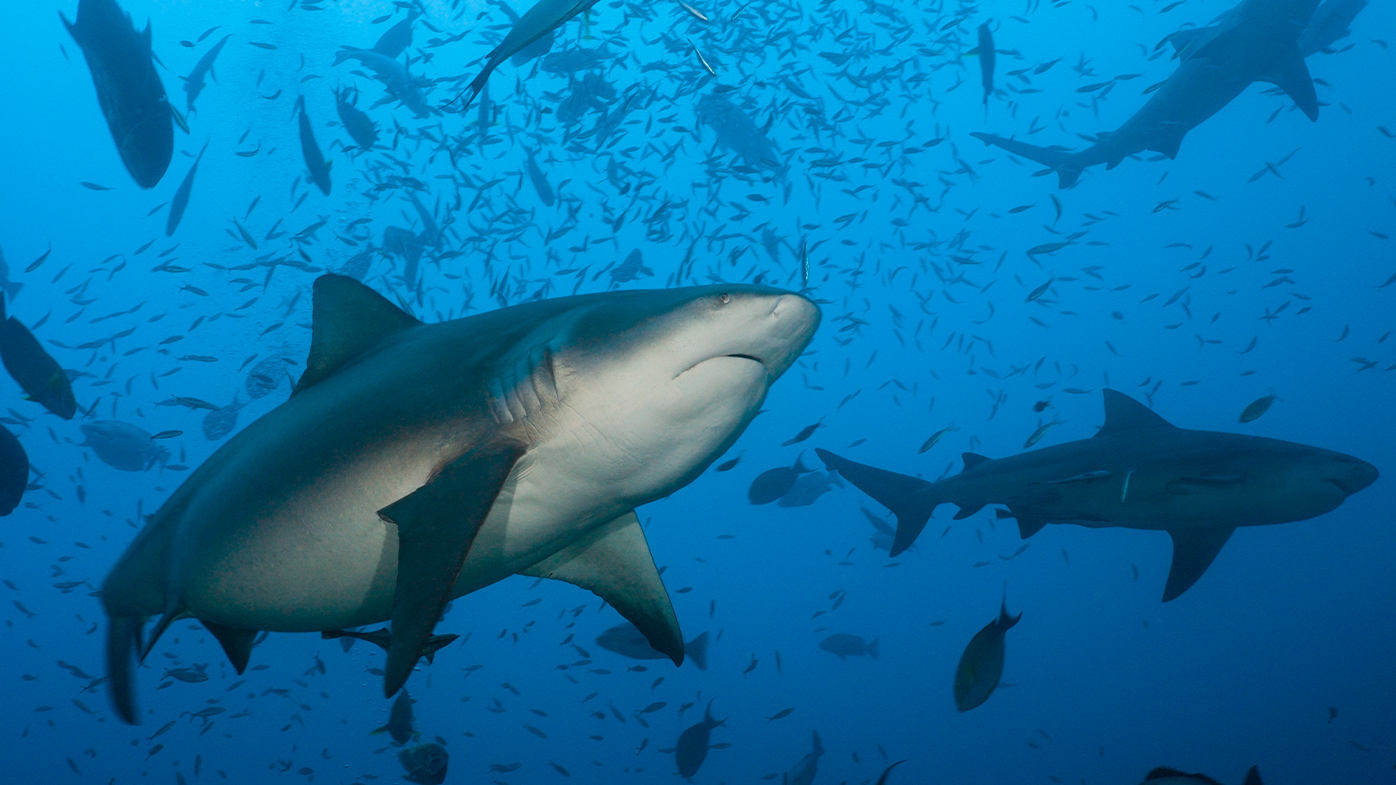
His research shows the probability of being attacked by a shark at Réunion increased "by a factor of 23" over that almost 30 year period.
The question now is - why.
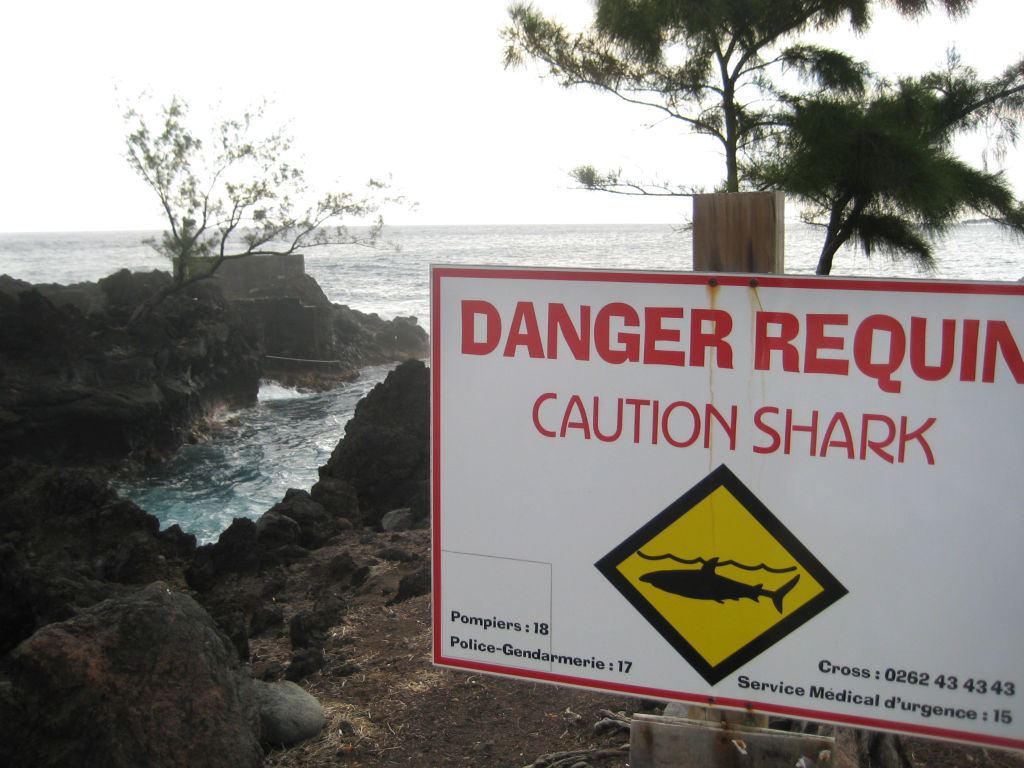
"In nine out of 10 cases it is a bull shark," Dr Lagabrielle said.
"The question, next is what can explain this increase?
"It's either an increase in the population of sharks or a change in their behaviour.
"These can be explained by other factors such as change in water temperature, fishing targeting shark populations.
"We are undertaking an investigation (to answer this)."
While Dr Lagabrielle's research into why shark attacks have increased is still ongoing, another expert believes the island's active volcano, Piton de la Fournaise, could play a part.
Marine ecologist Michael Heithaus told 9News.com.au in 2020 bull sharks could be taking advantage of the fact sediment washes down from the volcano's slope.
He said the cloudy waters make ideal hunting grounds for the "smart" predators.
FOLLOW: Raffaella Ciccarelli on Twitter
from 9News https://ift.tt/3gVmPEm
via IFTTT


0 Comments